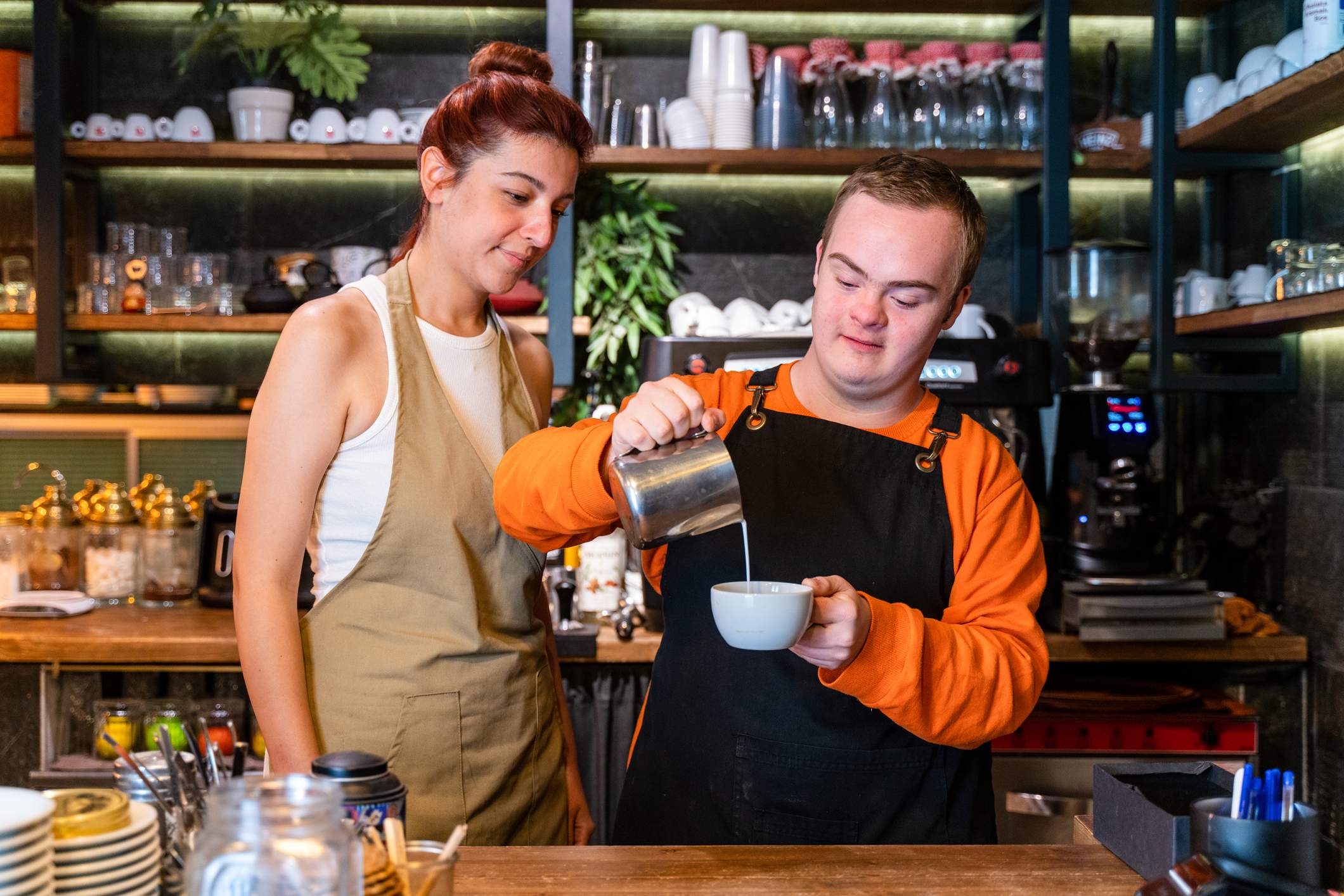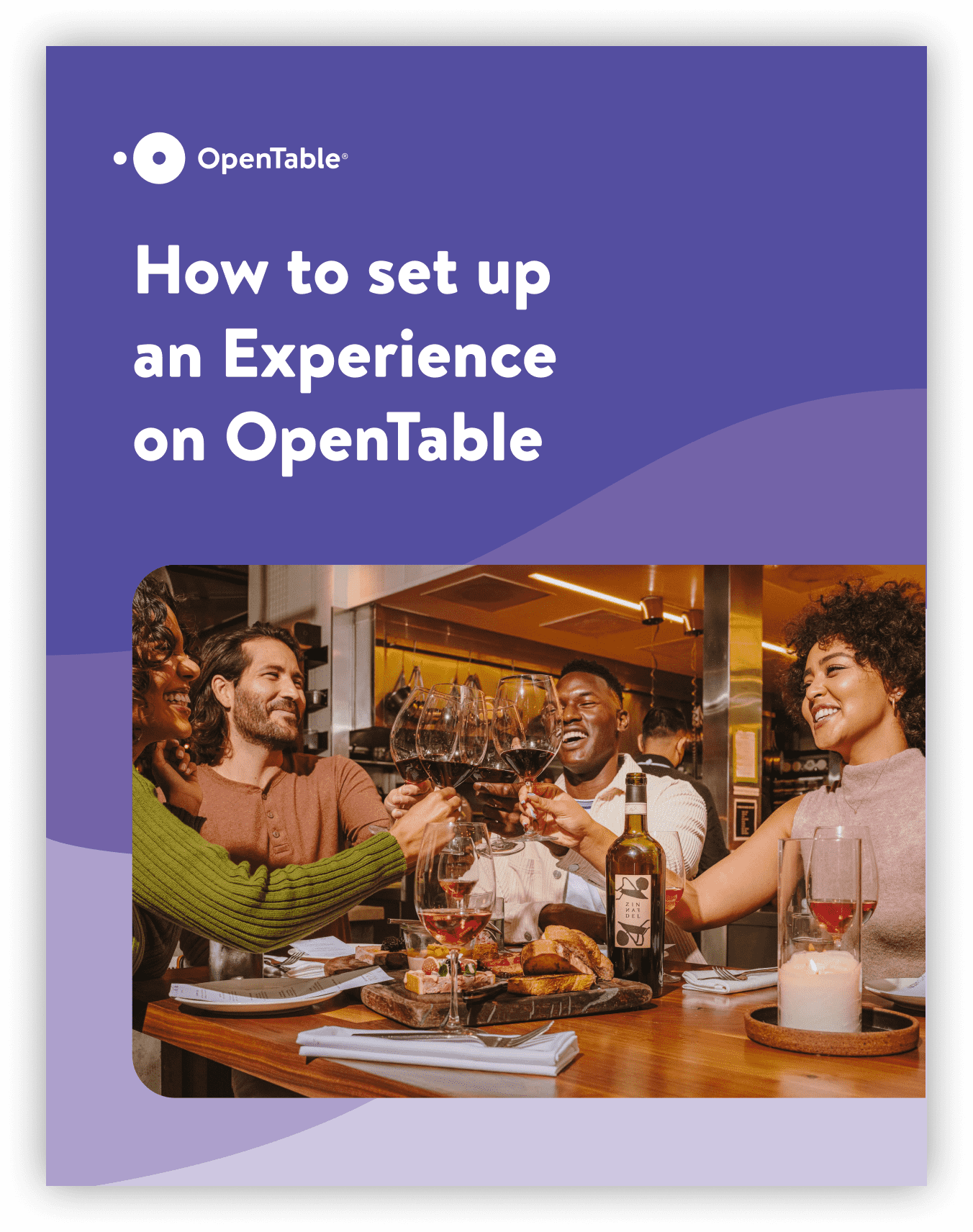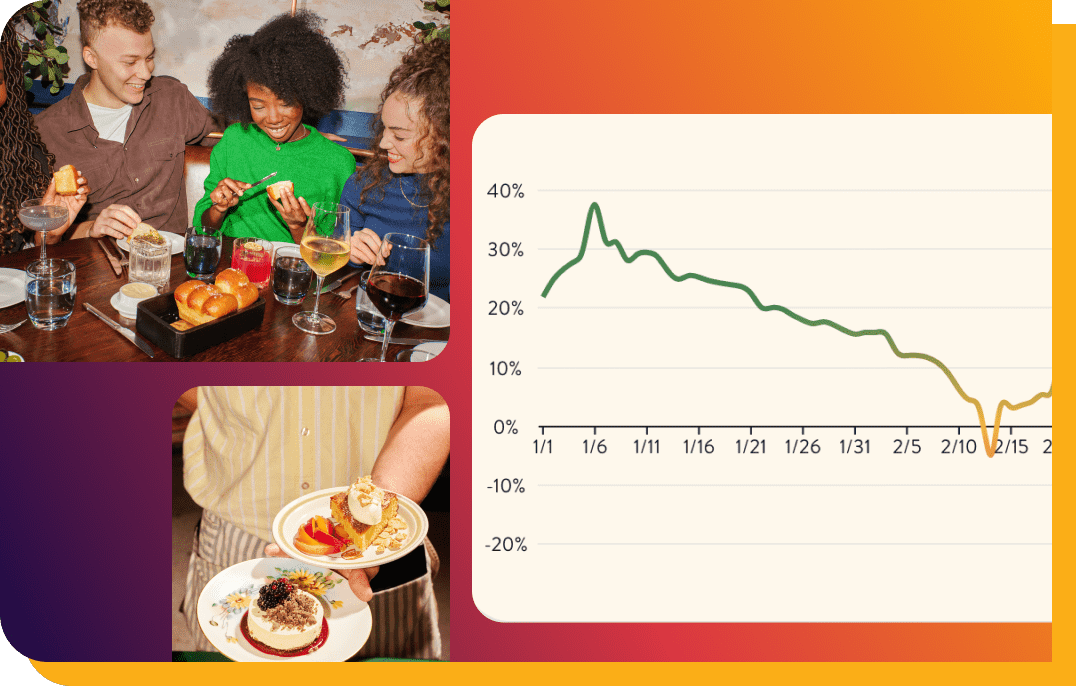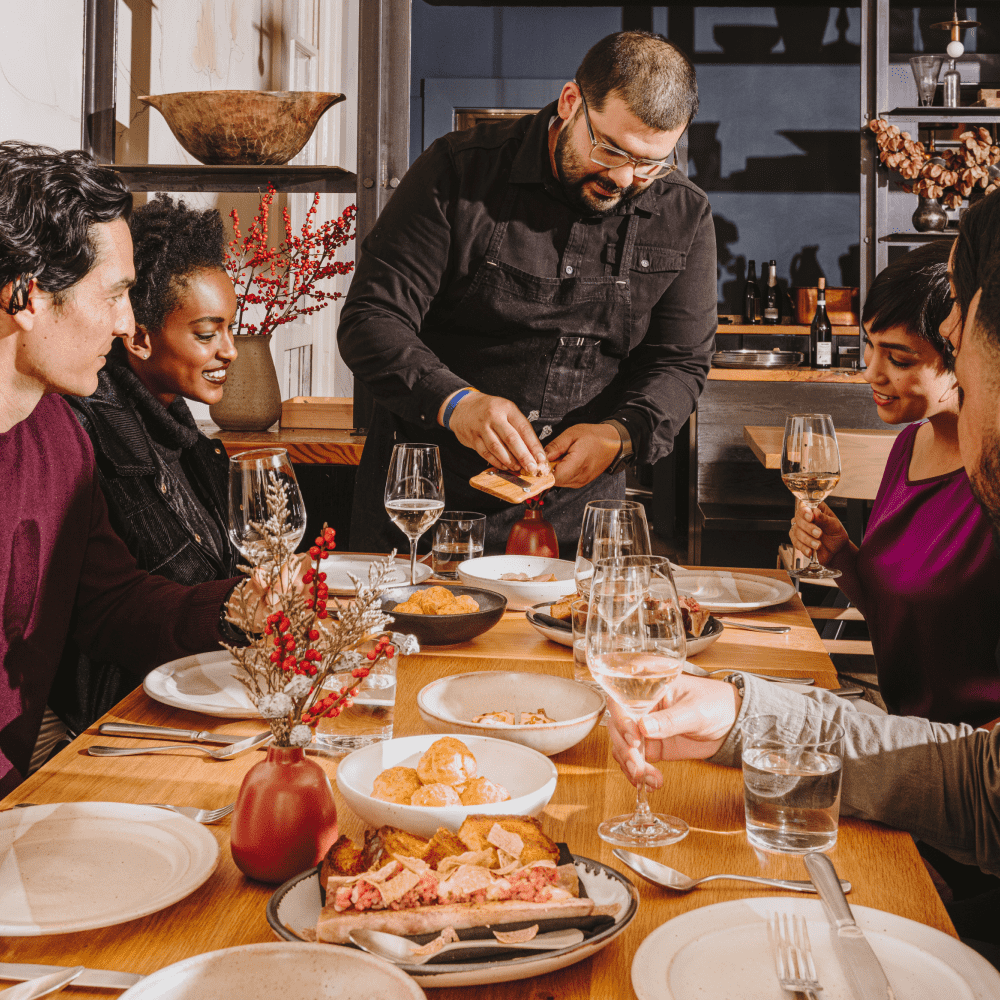The restaurant industry collectively prides itself on making it nice for people from all walks of life. The goal is equal hospitality for all guests. But behind the scenes, accessing and achieving diversity, equity, and inclusion (DEI) has been more elusive for the people who work in restaurants.
Restaurants rely on a diverse and inclusive workforce, especially in the back of the house, where many kitchens are powered by immigrants and people of color. Thanks in part to the racial reckoning of 2020 and the subsequent labor shortage, a lot of restaurants have realized the importance of DEI initiatives in creating a positive workplace culture and attracting and retaining top talent.
Why does DEI matter?
Though working toward DEI goals is simply the right thing to do, it’s also good for business. According to a recent study by McKinsey & Company, companies with higher diversity and inclusion scores have a better chance of outperforming their competition in terms of revenue.
Plus, diverse teams are more innovative, creative, and effective in problem-solving compared to their less diverse peers. The restaurant industry is no exception to this, and many businesses are turning to DEI initiatives to build stronger teams, better serve guests, and contribute to a more inclusive and equitable world.
One of the best ways to enhance diversity, equity, and inclusion in any business is to hire a consultant who specializes in DEI training. That’s a great way to go if the budget allows, but there are less costly options for incorporating DEI values into your workplace.
These low- and no-cost options can help you start your journey toward a more diverse, equitable, and inclusive restaurant.

ELEVATE – A Menu for Change
One of the most significant resources for DEI training in the restaurant industry is ELEVATE – A Menu for Change, a program developed by the Multicultural Foodservice & Hospitality Alliance (MFHA). This program provides restaurant owners and operators with a framework of strategies to create a more diverse, equitable, and inclusive workplace.
“We can restore the restaurant, food service, and hospitality industry, help our country heal and remove all barriers to opportunity. Together, we can be champions for equity and inclusion,” wrote Gerry Fernandez, founder and president of MFH, for Nation’s Restaurant News.
The National Restaurant Association resource library: Welcoming workers with disabilities
This guide to inclusive hiring for restaurants explains why restaurants can benefit from not only accommodating workers with disabilities but also actively recruiting and welcoming them. Disabilities can include learning disabilities as well as physical disabilities. With an open mind and willingness to make reasonable accommodations (such as ensuring wheelchair accessibility), it’s easy to see how people of any ability can make a meaningful contribution to the life of a restaurant.
Particularly in light of the labor shortage, it’s clear that restaurants have much to gain from becoming more inclusive to this group, and this guide contains ideas and resources for getting started.
Cultural Intelligence: A Guide to Working with People from Other Cultures
Another helpful resource for DEI training in the restaurant industry is Cultural Intelligence: A Guide to Working with People from Other Cultures by Brooks Peterson. The book provides practical advice for building cultural sensitivity and understanding different perspectives in the workplace.
Peterson writes about strategies including becoming aware of one’s own biases, learning about other cultures, practicing active empathy, and being flexible in communication style.
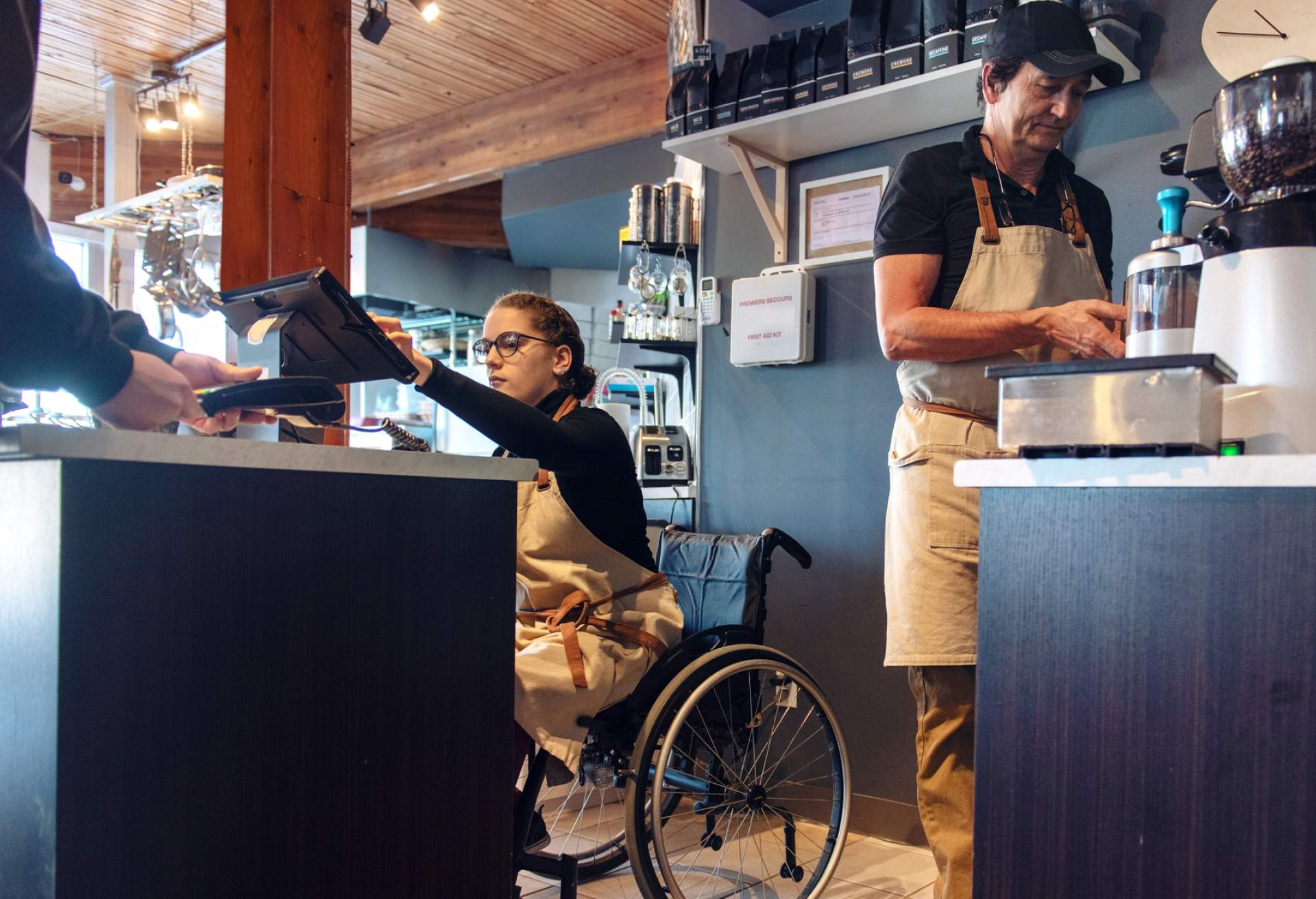
Harvard Implicit Associations Test (IAT)
Recognizing unconscious biases is an essential part of DEI training in any industry. The Harvard Implicit Associations Tests (IAT) is a collection of free tests that can assess a person’s unconscious biases quickly and easily.
Although there is some debate around the absolute accuracy of these tests, it can be a helpful jumping off point for talking about this sensitive issue. Because unconscious biases can affect decision-making, behavior, and relationships in the workplace, understanding they exist (even if you aren’t aware of them) is the first step in overcoming them.
The Genderbread Person
Gender identity and expression can be complex topics that can sometimes lead to misunderstandings and conflicts at work. The Genderbread Person is a simple graphic that helps people understand the complexities of gender identity and expression.
Sam Killermann, created Genderbread Person to accompany an informative essay on the subject, which is itself another good resource for anyone looking to increase their understanding in this area.
The Anti-Racism Project
The Anti-Racism Project is a program that offers 8-week courses, mini workshops, and professional development programs to help people understand racism through expert curriculum and interactive experiences.
The topics covered in these trainings include institutionalized racism, internalized racism, white privilege, racial microaggressions, and myths of immigration. People who have taken these courses emerge with practical tools for promoting diversity, equity, and inclusion at work and in all other areas of life.

What are the best practices for DEI in the restaurant industry?
In addition to the above resources, there are several best practices that restaurants can follow to promote diversity, equity, and inclusion in their workplaces. These include:
Actively recruit a diverse team
A diverse team can bring a variety of perspectives and experiences to your restaurant. By actively recruiting and retaining people from different backgrounds, restaurants can build a stronger and more innovative team.
Ask your network for referrals for local trainings
Providing DEI training and education to all employees can help promote a more inclusive workplace culture. It’s likely you have teachers and facilitators that work in your city or area that can offer training to your team.
Extend hospitality to employees
Take care of your most valuable asset (your team) with policies like flexible scheduling, mentorship programs, and employee resource groups. These policies benefit everyone, but they can be especially important for those in historically marginalized groups.
Measure and track progress
Measuring and tracking progress toward DEI goals can help you understand where you’ve made progress and where more work is needed. Look to metrics like employee retention rates, customer feedback, and employee engagement surveys.
Diversity, equity, and inclusion are critical components of building a strong and successful restaurant. By using these resources and best practices, restaurants can take steps toward their DEI goals. And in turn, the ripple effect can contribute to a more inclusive and equitable community outside the restaurant’s walls.

